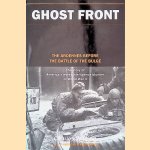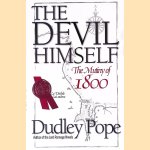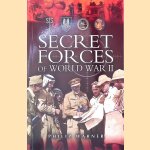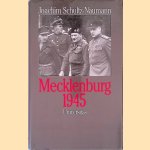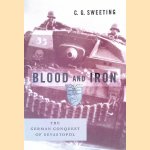
Onze boeken
The Emperor's Last Victory: Napoleon and the Battle of Wagram
Door Gunther Erich Rothenberg
Categorie | Algemeen Militaria |
|---|---|
Boeknummer | #377372-VB50 |
Titel | The Emperor's Last Victory: Napoleon and the Battle of Wagram |
Auteur | Rothenberg, Gunther Erich |
Boektype | Gebonden hardcover met stofomslag |
Uitgeverij | London : Weidenfeld & Nicolson Limited |
Jaar van uitgave | 2004 |
ISBN10 | 0297846728 |
ISBN13 | 9780297846727 |
Taal | Engels |
Beschrijving | Original puple boards, gilt lettered spine, dust jacket, some illustrations in colour and b/w, 8vo. |
Samenvatting | The Battle of Wagram, fought on the plains east of Vienna on 5-6 July 1809, was Napoleon's last decisive victory. When the defeated Austrian army was forced to retreat on the evening of 6 July, it left Napoleon not just master of the battlefield but poised to consolidate his grip across central and eastern Europe. At Wagram, in defeating the only European land power able to challenge him, Napoleon paved the way to the highpoint of his dominance in Europe. It was an epic clash in every sense, the largest battle yet fought, a grim, two-day attritional struggle in which more than 320,000 troops confronted each other over a 14-mile front. Combined casualties topped 72,000. As significant, it marked a rise in the importance of massed artillery fire. Almost 1,500 guns were deployed by both sides... (Lees verder) and the staggering total of 95,000 rounds fired. Operationally as much as tactically, the battle was a key development in the emergence of modern warfare, a clear forerunner of the American Civil War and, with modifications, of the Prussian victories in the wars of German unification. The army confronting Napoleon at Wagram not only had the advantage of fighting from prepared defensive positions on home soil, it was a greatly more efficient force than that of even four years earlier. Its defeat was overwhelmingly the result of Napoleon's own single-minded and daring military prowess. As Wellington later famously claimed, the French emperor's presence on the battlefield was worth 40,000 men. Unrelenting in his energy and determination, he inspired, cajoled and provoked his huge army to victory. In comparison, the Austrian commander, the Archduke Charles, hemmed in by political intrigues not of his making, offered no more than general competence. It would never be a match for the comet-like blaze of Napoleon's genius. Generalship remained the decisive element. |
Pagina's | 271 |
Conditie | Goed |
Prijs | € 8,00 |
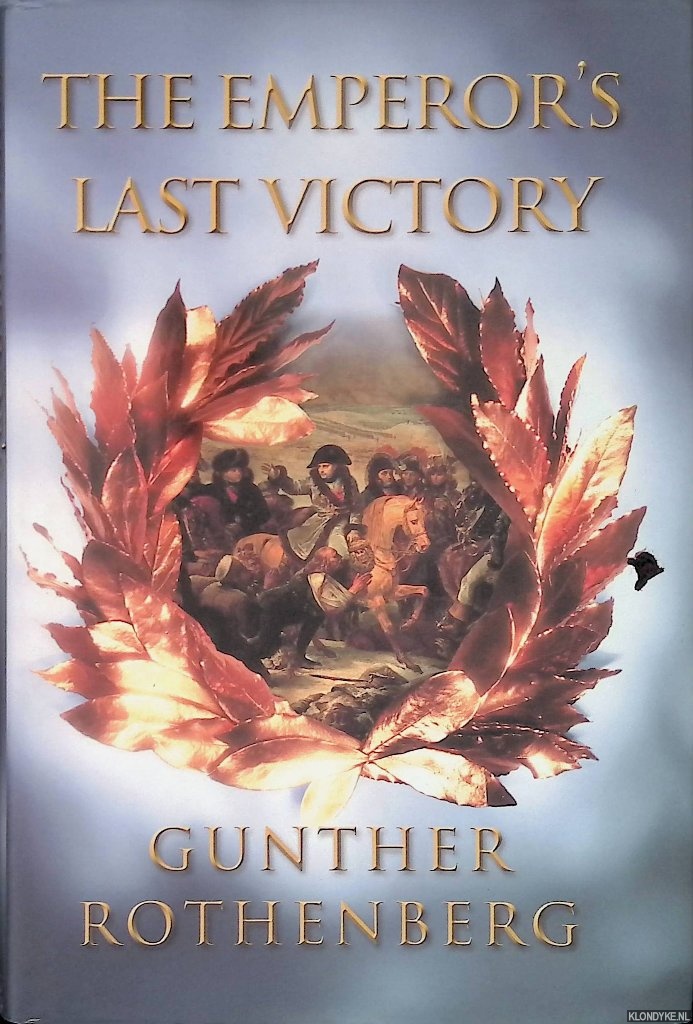
Onze gebruikte boeken verkeren in goede tweedehands staat, tenzij hierboven anders beschreven. Kleine onvolkomenheden zijn niet altijd vermeld.




